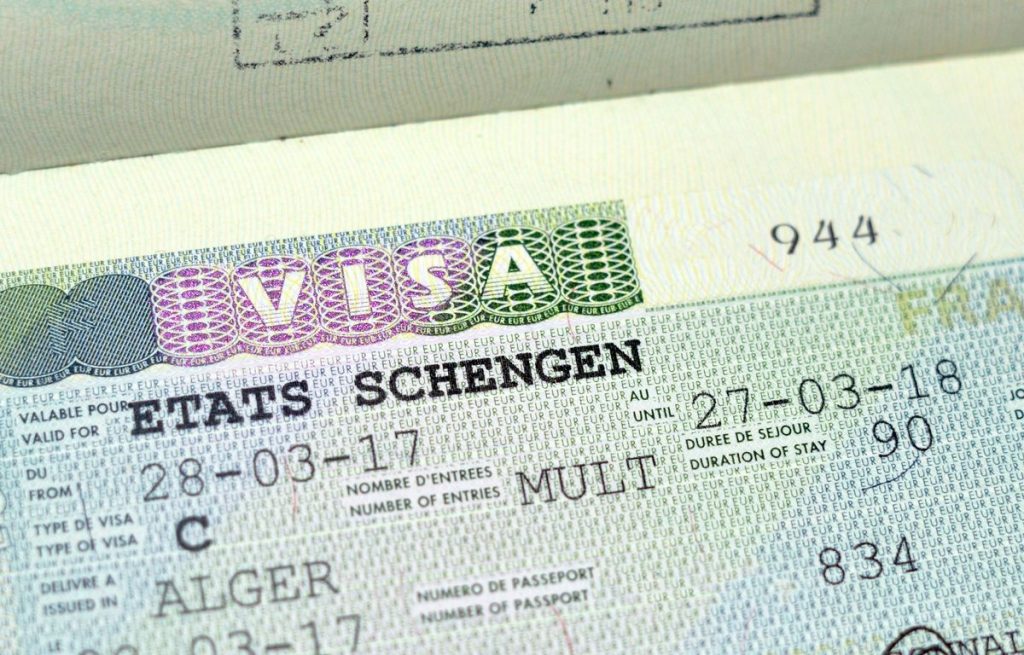
This Thursday’s decision on expansion into Croatia, Bulgaria and Romania
Schengen area will expand? You should know the answer on Thursday. European interior ministers must already decide on this issue: integration Croatia It seems likely but there are still hurdles for Bulgaria and the Romania.
The European CommissionHe has long, like Parliament, called on the three countries to be included in this vast area in which more than 400 million people can travel freely, without internal border controls. One of the effects of joining is the abolition of long queues for vehicles at the borders of these countries and the encouragement of tourism. In return, the Schengen member states must strictly control the external borders of this area of freedom of movement, and commit themselves to police cooperation to combat organized crime or terrorism.
The reluctance of Austria and the Netherlands
Croatia (3.9 million people), a member of the European Union since 2013 and which will join the eurozone next January, expects a positive response, unless there are any surprises. But Romania (population 19 million) and Bulgaria (6.5 million), which joined in 2007, European Union And those who have been knocking on the Schengen door for more than ten years are facing the reluctance of certain countries. However, the consensus of the 26 members of this region (22 EU countries plus Iceland, Liechtenstein, Norway and Switzerland) is necessary.
Austria, which is facing an influx of asylum seekers, opposes lifting border controls with these two countries, arguing that it would further increase the arrival of migrants. The Netherlands has reservations about Bulgaria, and questions corruption in this country. However, the membership files of the two former communist countries are linked in the same procedure.
Balkan route in frontex scenes
The question of expanding the Schengen area is back on the table as the number of irregular arrivals at the EU’s external borders increases, after seeing a decline during the Covid-19 pandemic. The increase is particularly marked by the Western Balkans route, where there are about 139,500 irregular entries in the European Union since January, according to Frontex. However, this figure is far from the 764,000 entries recorded in 2015, at the time of the refugee crisis.
Significantly, this situation has led Austria and the Czech Republic to re-impose border controls. It has also pushed the European Commission to present an action plan to try and reduce the flow through this route, as it has done recently with the Central Mediterranean route. Brussels proposes, among other things, that the European Frontex agency be deployed not only at the EU borders with the Western Balkans but also between these countries.

“Organizer. Social media geek. General communicator. Bacon scholar. Proud pop culture trailblazer.”
